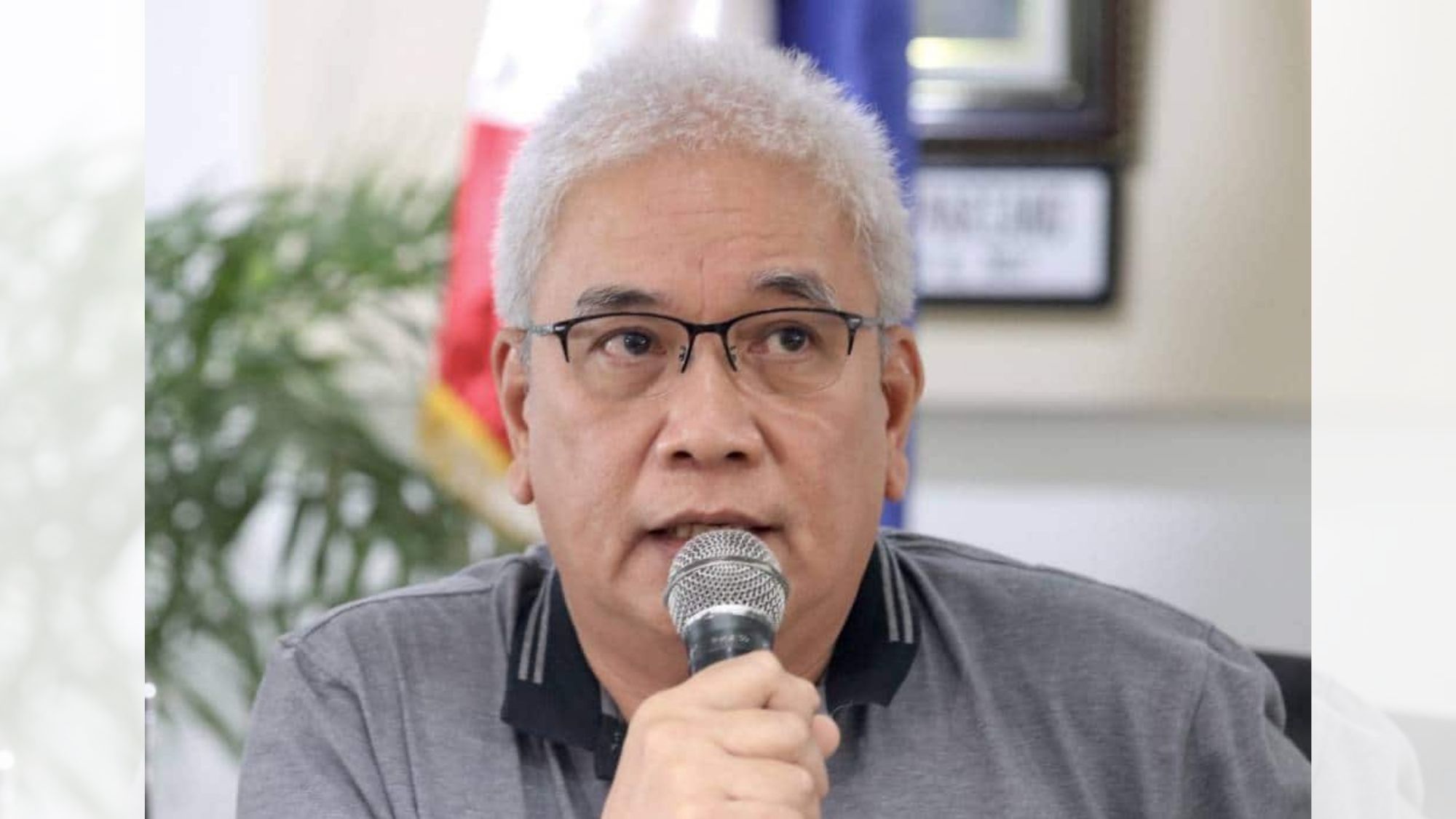Bright ideas but nowhere near realities. The mega farm program of outgoing Agrarian Reform Secretary Bernie Cruz and Agriculture Secretary William Dar (who is conditioning the minds of consumers of price hikes), are being scoffed by farmers.
Short of calling the “Mega Farm” project of the Department of Agrarian Reform as “illusory” several farmers groups expressed optimism that DAR was only trying to create a good impression (and possible retention of its head) on President-elect Ferdinand Marcos Jr. on his campaign promise of P20 per kilo of rice.
Of course, all this is now overtaken by the personal choice of Marcos Jr. to pick Abono partylist Rep. Conrado Estrella, whose father and namesake was the DAR Secretary during the strongman, Marcos Sr.’s time, for the position.
Let’s see if the Mega Farm project will take off the ground now under the new DAR Secretary.
Farmers laughed off and expressed skepticism on the feasibility of Marcos Jr.’s campaign promise of P20 a kilo rice price considering the rising cost of farm inputs, principally fuel, fertilizers and pesticides.
Outgoing DAR Secretary Bernie Cruz insisted that the P20 per kilo rice price is attainable as he enjoined the cynical farmers to join the project and he would discuss with them the details, “so we can serve our country and the people.”
Last June, the DAR held a presscon where it announced its plan to submit a proposal to Marcos Jr. for a project called “Programang Benteng Bigas sa Mamamayan” (PBBM) under the “Mega Farm” project.
Some farmers’ groups, however, laughed off such plan and chided the DAR chief for his optimism. Others chided the Department of Agriculture (DA) for making a statement that would purportedly justify an increase in the price of rice.
Instead of making promises he can’t keep, the Unyon ng mga Manggagawa sa Agrikultura (UMA) said the DAR chief should focus on installing agrarian reform beneficiaries (ARBs) in their CARP-awarded lands. UMA cited the case of the 236 ARBs who have been deprived of their piece of land in Tinang, Concepcion in Tarlac.
UMA Chairman Antonio Flores also noted that the DAR’s main mandate is to distribute lands to farmers and agricultural workers as part of the government’s land reform program, and not to lower the price of an agricultural commodity, Business Mirror reported.
‘Mind conditioning’
The Amihan National Federation of Peasant Women and rice watch group Bantay Bigas lambasted Cruz.
The groups also criticized the DA’s William Dar for allegedly justifying an increase in the price of rice, saying the agency is “conditioning the minds of the people.”
The groups said the DA’s mandate is to achieve food self-sufficiency, but it is “acting as a mouthpiece for the interests of private and foreign traders and defender of import liberalization.”
“Burden to poor families”
Cathy Estavillo, Secretary-General of Amihan andspokesman of Bantay Bigas meanwhile, pointed out the “contradicting pronouncements” of the DA and DAR chief on the issue of rice affordability and accessibility.
Amihan and Bantay Bigas noted that the current retail prices of commercial rice were already a burden to many poor Filipino families.
The groups also accused the DA of “misdirecting” the public’s attention towards price trends abroad instead of admitting the “detrimental impact” of the rice trade liberalization law on the livelihood of rice farmers.
“Farmers have already suffered from depressed palay farm gate prices, high cost of production from fertilizers, and other farm inputs, and continuous oil price hikes,” Estavillo said.
Dar, In a previous speech, said the rice trade liberalization law made rice cheaper and led to the creation of a P10-billion fund that seeks to make rice farmers more competitive.
Mega farms
Cruz said the mega farm project of the DAR entails the formation of contiguous and consolidated farms to form a sizeable plantation capable of producing a large volume of farm products to meet the demands of consumers.
The concept of mega-farms is meant to consolidate small farmlots into mega-farms for rice production.
“From the studies, we conducted in the mega-farms project, we found out that not only is the P20-a-kilo rice achievable, but it will also be profitable for our agrarian reform beneficiaries [ARBs],” Cruz said.
He also said the DAR, through the Mega Farm project calls for the provision of subsidies to augment the cost of the production inputs of the farmers.
Cruz said the project needs the full support of the national government.
“It is integrated with values of land tenure security, adoption of modern and mechanized farming practices and farmer entrepreneurship, and holistic support services by the government with the participation of the local and foreign investors.”
“Other farmers’ concerns can be inputted into the DAR’s proposal before this will be presented to the President-elect.”
Under the Mega Farm project, DAR is proposing the inclusion of an initial 150,000 hectares of rice land under the coverage of the Comprehensive Agrarian Reform Program (CARP) and its adjacent small farmlots in the project.
Studies made by the DAR, the project can produce an average of 142 cavans of rice per hectare per cropping season. This translates to a gain of P76,501 annually for ARBs.
Tags: #DARmegafarmprojects, #Dar’sricepricehikes, #farmers. #agriculture
